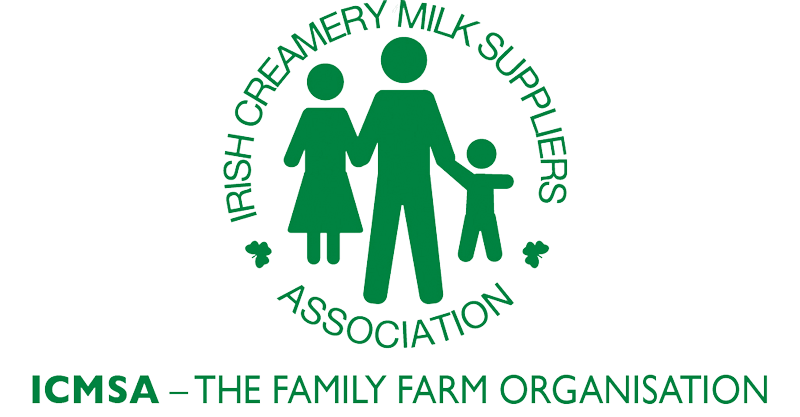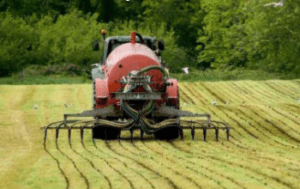
Antimicrobial resistance (AMR)
Antimicrobial resistance (AMR) is the acquired ability of bacteria (microbes) to survive exposure to an antibiotic to which it was previously sensitive and that was effective in treating infections caused by it.
What causes AMR?
The use and misuse of antibiotics selects for resistant strains of bacteria and accelerates the emergence of AMR. The risk of resistance increases if antibiotics are:
- Used at less than the recommended dose
- Not administered for the recommended duration
- Overused
- Used inappropriately.
Why is AMR a concern for farmers?
Antimicrobial resistance potentially impacts on animal health, human health and the reputation of the Irish food industry. Resistance in bacterial species can cause difficulties in the treatment of infections in humans and animals.
Many antibiotics used in veterinary medicine are also used in human medicine. Resistant bacteria may be spread from animals to humans (and vice versa) via direct contact, environmental contamination and potentially through foodborne bacteria.
Responsible use of antibiotics on farms
- Discuss all antibiotic usage with your own veterinary practitioner and obtain a prescription for any antibiotics required
-
Use, store and dispose of antibiotics according to the directions given
-
Avoid using blanket antibiotic treatments across a group of animals
-
Investigate the cause of disease with your veterinary practitioner and only use antibiotics where appropriate. Antibiotics are only effective against diseases caused by bacteria
-
Use culture and sensitivity testing in order to select the most appropriate antibiotic
-
Keep records of medicines used
-
Explore with your veterinary practitioner strategies to prevent and control disease and therefore minimise the need for antibiotics. Examples of such strategies include a biosecurity plan to keep new diseases out of your farm, boosting the immunity of animals on your farm through good colostrum management and vaccination programmes (where appropriate), reducing the sources of infection through good hygiene practices and preventing the spread of infection by avoiding overcrowded housing, and careful management of sick animals.
Latest Headlines
- Sections
Contact Us
Telephone
+353 (0)61 314677
Address
ICMSA Head Office
John Feely House
Dublin Road
Limerick
V94 KX38





